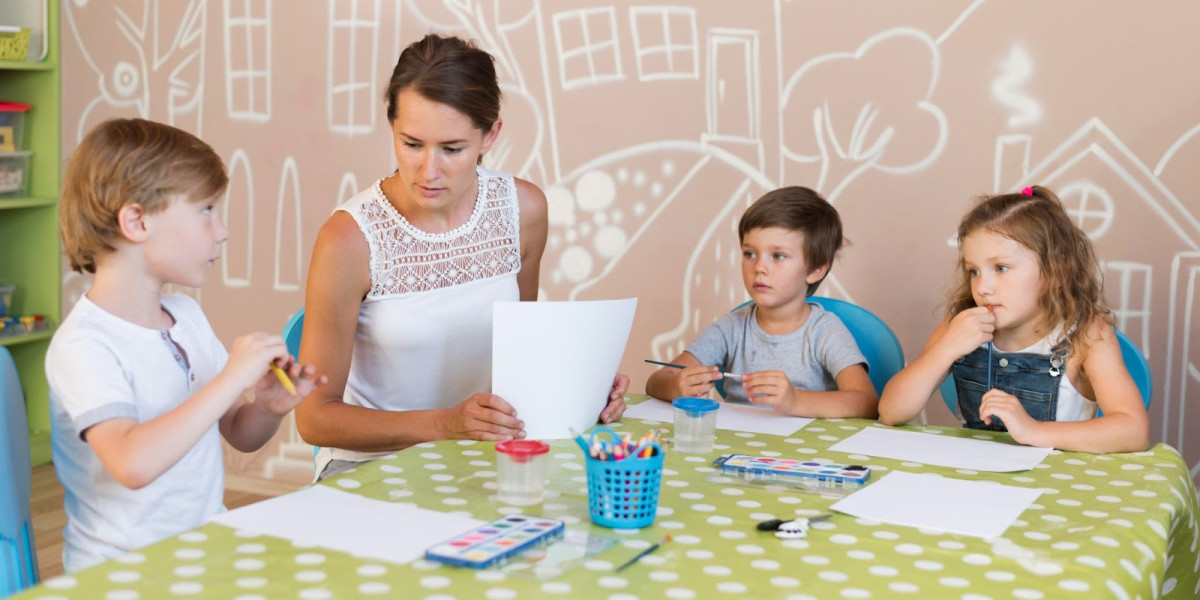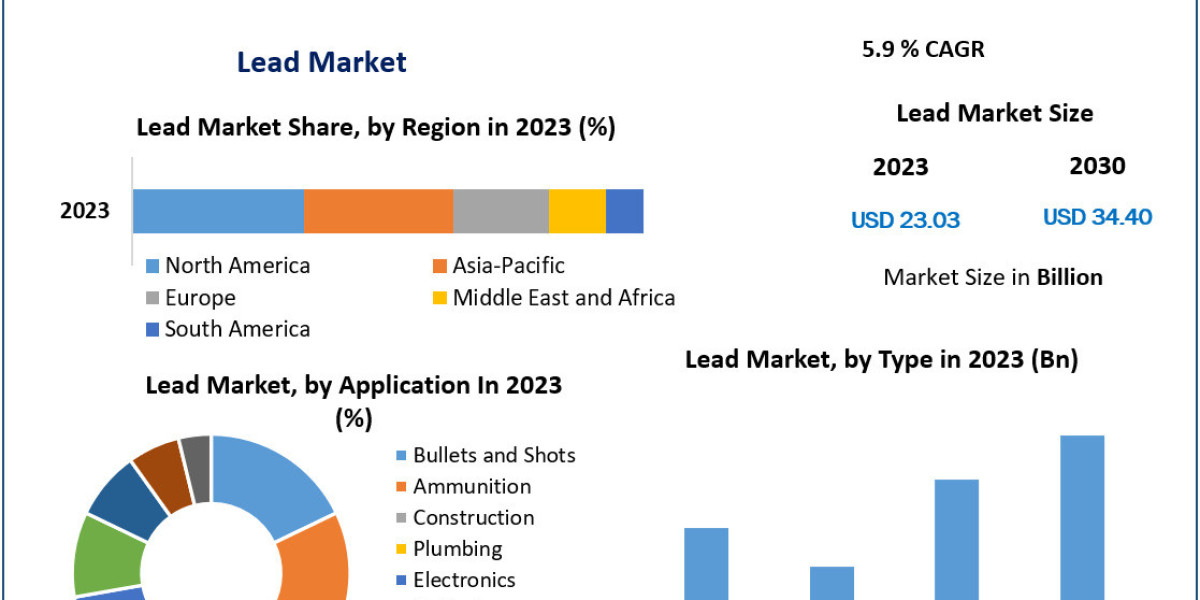Montessori teachers believe that children are naturally curious and capable of taking charge of their own learning journey, driven by their interests. To help children learn and grow, Montessori schools create carefully planned environments that cater to their cognitive, social, emotional, and physical needs.
No matter what kind of Montessori school it is—whether independent, private, or public/charter; secular or faith-based—we understand five key components of Montessori education which are as below
Trained Montessori Teachers
A certified Montessori teacher understands how important it is for children to grow naturally. They watch children in a certain age group closely and offer them lessons and materials that match their interests, abilities, and development. This includes social, emotional, cognitive, and physical growth.
A trained Montessori teacher knows a lot about Montessori ideas and how to use Montessori materials correctly. They're skilled at observing children and helping them learn new things. They also have a good understanding of how people grow and develop. They're leaders who create a caring environment that helps children learn both physically and mentally.
The Multi-Age Classroom
In Montessori schools, children of different ages learn together, which allows younger kids to learn from older ones and take on new challenges by watching them. Older children also benefit by reinforcing what they've learned by teaching younger ones. This helps them develop leadership skills and be role models. Since each child works on their own tasks, they can progress at their own speed without feeling like they're competing with others. This setup reflects how things work in the real world, where people of different ages work and socialize together.
In a Montessori classroom, students are grouped together based on their developmental stages. While some schools might adjust these groupings for reasons like state rules, the typical setup follows these age groups:
- Infants: Within a range of birth – 18 months
- Toddlers: Within a range of 15 months – 3 years
- Early Childhood: Ages 2½ – 6
Using Montessori Materials
Montessori education is known for its hands-on learning style and unique learning materials. These materials are carefully crafted to teach specific skills or ideas. Each material focuses on one skill or concept, and they're designed to help children understand abstract ideas in a logical way that matches their development.
Child-Directed Work
Montessori education encourages children to pick tasks that are meaningful and challenging, making them interested and motivated to learn. This kind of work helps them stay focused and feel responsible for themselves and others. The Montessori classroom is set up in a way that supports this child-led learning. It's designed to spark each child's curiosity and offer calm, organized spaces where they can work alone or with friends.
In a Montessori classroom, kids have the freedom to explore and move around. Dr. Maria Montessori, who started this approach over a hundred years ago, designed the classrooms with this freedom in mind. Teachers are there to guide children and help them learn, while also making sure the classroom is a respectful, tidy, and productive place.
Uninterrupted Work Periods
In Montessori classrooms, there's a special time called the "uninterrupted work period" where students can choose what they want to do and work at their own speed. This time respects that everyone learns differently.
During this period, students pick activities they like, work on them for as long as they want, tidy up when they're done, and then choose something else to do. Teachers are there to help and watch over the students. They might teach a small group or give lessons to individuals. This uninterrupted time helps students get better at focusing, doing things on their own, and being independent.
How to Find the Best Montessori Preschool for Your Kids in Los Angeles?
Shir-Hasirim Montessori Preschool is located on Carlton Way in Los Angeles. This school teaches children between the ages of 2 and 6 and prepares them for some of the top Montessori elementary schools in the city. Specifically, they offer a primary program and a summer program for preschool children.
At Shir-Hashirim, they allow their students to grow and learn both individually and within the community of the school. Students are able to learn at their own pace when it comes to both practical life skills and subjects such as maths and language. Shir-Hashirim Montessori has a parent-and-me program that is best for families who may enrol their child in the Montessori program.
For Admission Process and Other queries please Contact Shir-Hashirim Montessori
LOCATION















